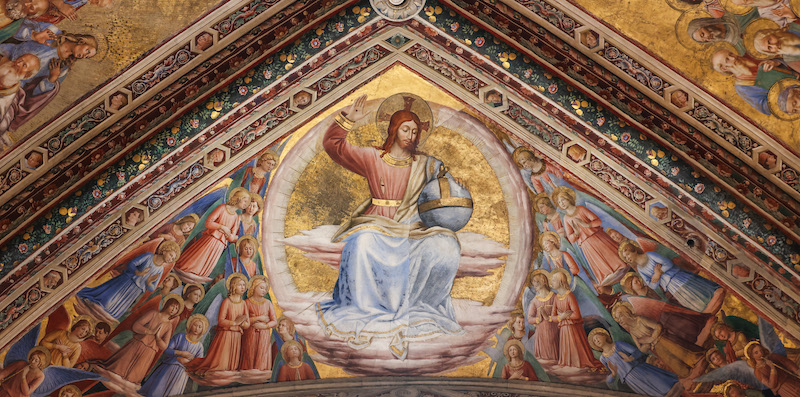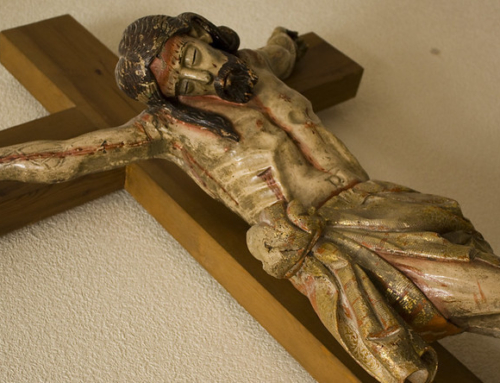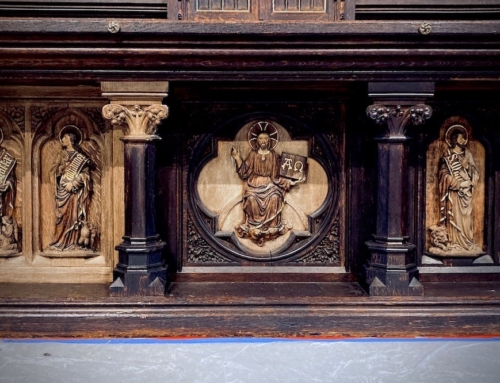The Word of God can shock us.
As Dominicans, we immerse ourselves in the Word. We pray the Liturgy of the Hours, reciting and chanting various psalms throughout each day. Frequently in the psalms, we make the prayers of the Old Testament our own. In Psalm 51 we assume the words of David in his plea for God’s mercy. In Psalm 90, we take on the mantle of Moses and ask God to make our work prosper. Our prayers are “first person.” We pray to God, and God hears our prayers. God can help us, so we speak to him. God is worthy of praise, so we praise him. Often it seems routine or expected—but Psalm 50 shocks me.
Unlike in other Psalms, Psalm 50 has us recite the words of God himself. The script is flipped—instead of speaking to God, God speaks to us! “Listen, my people, I will speak; Israel, I will testify against you; God, your God, am I” (Ps 50:7) And what does he have to say?
Psalm 50 gives us God’s words as a judge of a sinful nation. He is speaking to a nation that does not conduct right sacrifice, a nation that “honors me with their lips alone, though their hearts are far from me” (Isa 29:13). The externals are all there, burnt offerings abound, but sin is still in their hearts. God lists the sins of the people: thievery, adultery, deceit, slander. God lays out his charge. “You do this, and should I be silent? Do you think that I am like you?” (Ps 50:21). God wants to know what sort of lies we told ourselves to believe that sin and sacrifice could ever possibly go together. Did we really think that he would approve of our sins? Did we really think that he was like us?
God is not like us, and that is good news. We can trace here the lines of the truth. We are small, and God is big. We are weak, and God is strong. Human history tells the story of the strong dominating the weak. But God, big and powerful as he is, really does care about us and our actions. God is the source of all good, and when we sin, we turn away from him to evil. He wants us not to sin so that we become like him. When we do what is good, we grow closer to God who is the source of all goodness.
God knew we could not become like him on our own. Through his Incarnation, God takes the initiative and becomes like one of us. St. Paul tells the Philippians an amazing Gospel truth. In Jesus, we see the one “who though he was in the form of God, did not regard equality with God something to be grasped.” (Phil 2:6). Because of the Incarnation, we can truthfully say to God, “Yes, Lord, you are like us, because you became one of us! We do think you are like us!” Jesus came to make us like God. By becoming our brother, the Son of God made us adopted sons of the Father—and this truth is the most shocking of all.
✠
Photo by Lawrence Lew, O.P. (used with permission)







